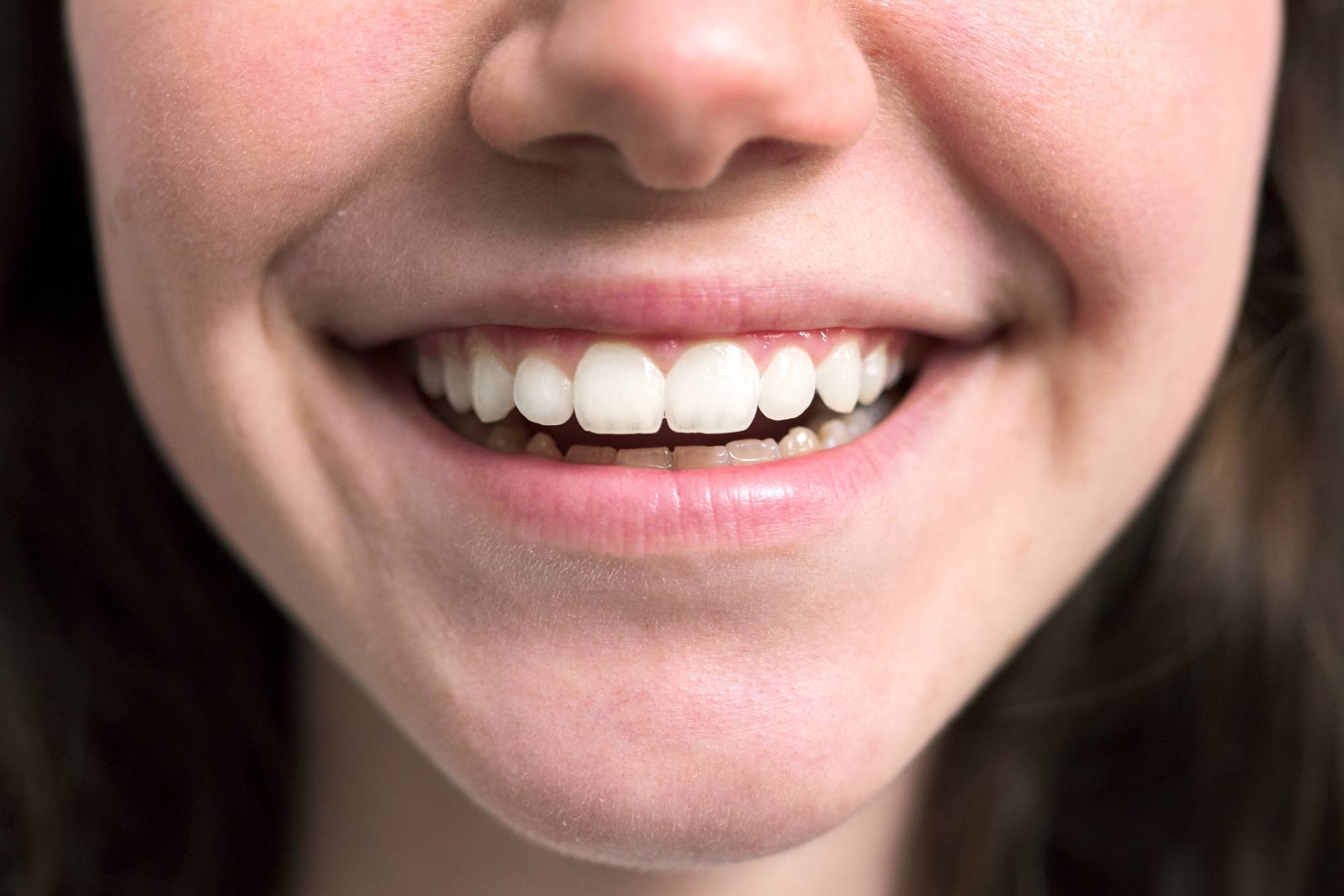Snoring divides people into two groups: those who believe snoring is a natural part of life, and those who sleep next to them. To the latter, snoring is a scourge, a menace and perhaps even a decent cause for divorce. You may laugh, but then pray you never have to face a family judge whose spouse is a snorer. 30–50% of people experience some degree of snoring, which means there’s a decent chance that if the person you sleep beside doesn’t snore… well… we hate to break it to you, but you do.
Snoring is caused by a partial obstruction of your airway by the soft palate, uvula and tongue. For those of us who haven’t taken anatomy since high school, the soft palate is the soft tissue toward the back of the roof of your mouth. The uvula is the extension of tissue that hangs down from this soft palate. When these parts of your mouth retract and press against your airway, like when you’re sleeping on your back, breathing becomes difficult, and you start horking, snorking and spluttering (sorry for using official dental lingo).
So we’ve decided to save a few marriages, relationships and good night’s sleeps by giving you the run-down on what’s behind snoring and what your dentist can do to help fight it. Because although snoring can seem like a minor inconvenience, it can actually indicate deeper health issues.
Snoring and Sleep Apnea
Most snoring is physically harmless, save for the occasional whack from a pillow administered by a sleep-deprived spouse. But in some cases it indicates Obstructed Sleep Apnea, or OSA. This occurs when the obstruction caused by the soft palate, uvula and tongue is near total. Breathing becomes laboured, shallow, and in extreme cases, stops completely. Because we’re often asleep when OSA occurs, it can sometimes be hard to detect. Here are some signs to watch out for: morning headaches, irritability, sore or scratchy throat, decreased libido, rapid exhaustion during the day, attention problems, and the need to frequently rise to urinate throughout the night. Your spouse may notice long pauses between snores and gasps for breath.
Sleep apnea can be dangerous, especially for patients struggling with weight issues, cardiac problems or high blood pressure. It can affect your productivity during the day as well as your ability to effectively drive a car or operate machinery. Chronic lack of sleep can lead to mental health problems such as depression, and can be a terrible strain on your family. Luckily, there are ways to help overcome snoring caused by OSA.
Dental Devices
One of the more common OSA treatment too is a mandibular advancement device. Resembling a hockey mouth guard, it separates the jaws, forcing the lower one slightly forward and down. This opens up the airway, and can go a long way to stopping those snores.
Another is the tongue-retraining device. This nifty little appliance is a splint that moves the tongue out of the way, allowing the free flow of air through the back of your mouth. Another appliance is an elastic chin strap, which functions in a similar manner to the mandibular advancement device, but this time pulling the lower jaw back rather than forward.
These devices are all quite effective for mild or moderate OSA. But in more severe cases, especially when weight is a concern, a Continuous Positive Airway Pressure, or CPAP, device may be required. These high-tech masks fit over the mouth and nose, and provide a continuous flow of air from a small motor. CPAP devices can be quite effective in combating OSA, though they require the wearer to sleep on their back or side.
Talk to your spouse… and then to us
First off, be open and understanding when it comes to snoring. Don’t simply dismiss it as a minor annoyance. When it comes to sleep apnea, your spouse will often be the first one to notice the warning signs. When you want to stop snoring, schedule an appointment with us. Because if there’s one thing we like more than healthy mouths, it’s healthy marriages.




